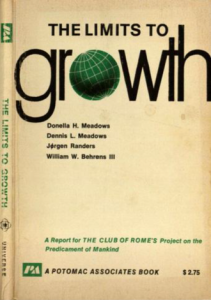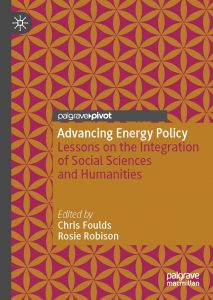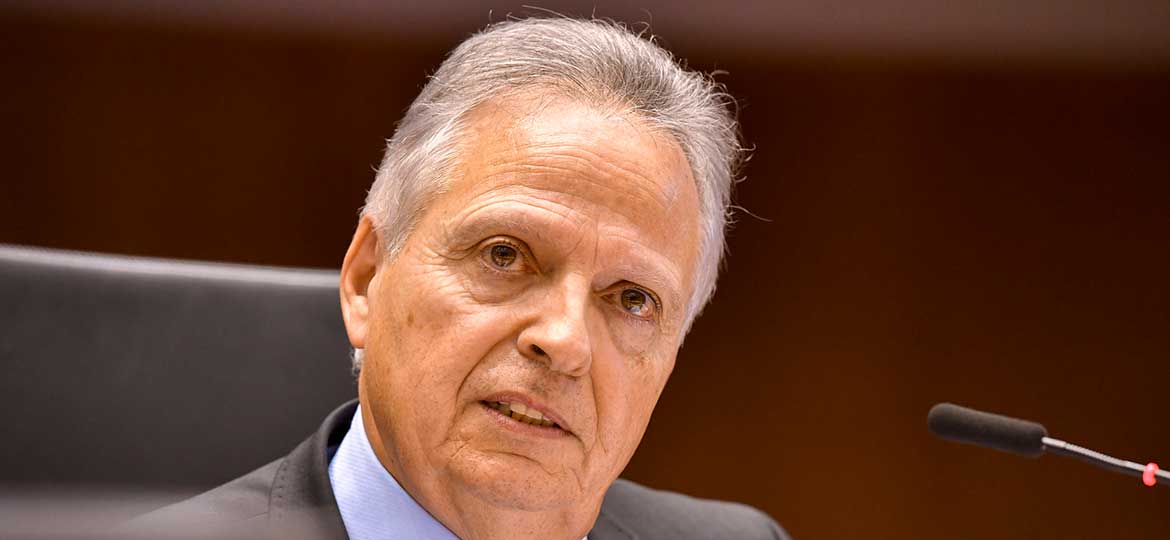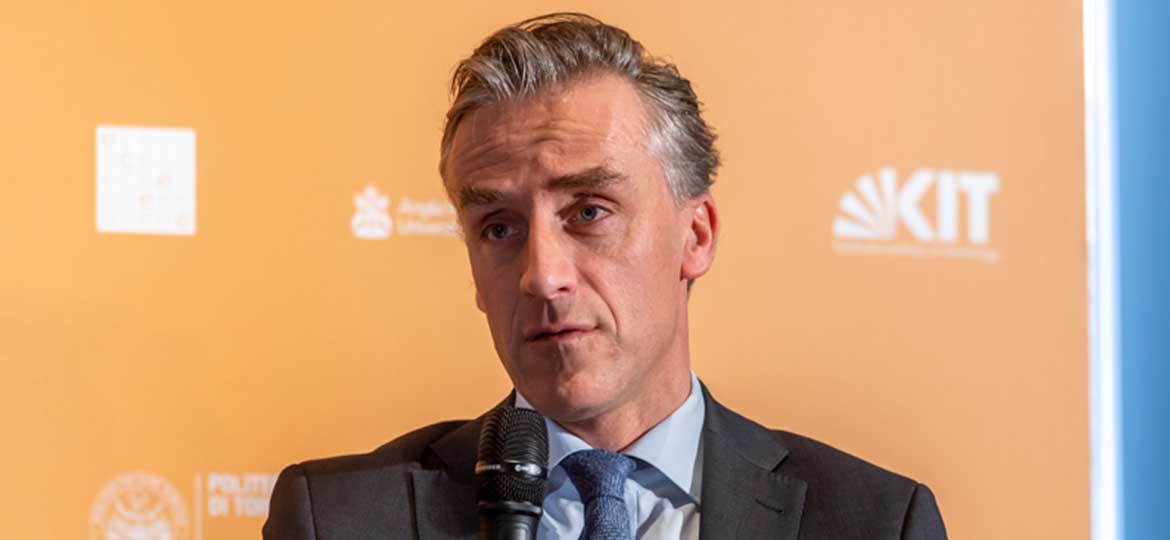By Ernst Ulrich von Weizsäcker, Club of Rome
This article is one of the Forewords from the SHAPE ENERGY open access book recently published by Palgrave Macmillan ‘Advancing Energy Policy: lessons on the integration of Social Sciences and Humanities’.

Current worldwide trends are not sustainable. The Club of Rome’s warnings published in the book Limits to Growth in 1972 are still valid. We have, nevertheless, come a long way since 1972: we know much more about the climate and energy use and how what we do as societies affects the planet, for good and for bad.
At times governments have been able to come together and effectively address threats to our survival, such as ozone-depleting gases. The United Nations Framework Convention on Climate Change’s Paris Agreement is important, but far from sufficient, and now needs action to deliver upon the commitments made.
We have also seen that energy use and economic prosperity can and have been decoupled, which is encouraging. Still, current worldwide trends are not sustainable. Our societies still keep focusing on economic growth as the primary indicator for prosperity and while we reduce energy intensity, global energy use is still growing with potentially catastrophic consequences.
We seem to be in a philosophical crisis where our societies fail to address the problems that threaten their survival. The world needs a ‘new enlightenment’, one that is not based solely on doctrine but instead addresses a balance between humans and nature, as well as a balance between markets and the state and the short- versus long-term. To do this, we need to leave behind working in ‘silos’ in favour of a more systemic approach, which will
require us to rethink the organisation of science and education.
This SHAPE ENERGY edited collection is therefore a timely publication and its interdisciplinary approach is especially encouraging. Researchers from around Europe firmly rooted in the Social Sciences and Humanities have produced ten texts that address energy issues from different angles. This is a refreshing departure from the common Economics- and Engineering-based approaches to ‘solving’ energy problems.
We need evidence-based knowledge in order to find solutions that work and are effective. This knowledge must be based on a deep understanding of the interaction between society and technology.
The core chapters in this book offer insights into the socio-political characteristics of energy systems. They offer views on issues such as energy poverty, still often overlooked, but also expand into large-scale renewables deployment and the integration of electricity systems in Europe.
For policymakers who are used to looking at simple—perceived—causalities between investments and technology, these chapters are challenging in that they do not offer easy solutions. By reading and digesting these contributions, however, any person involved in energy policy and decisions about energy systems should find new perspectives and many eye-opening ideas to make him or her more prone to look for solutions that are based on an understanding of how people and our societies really work.

Ernst Ulrich von Weizsäcker has been Co-president of the Club of Rome since 2012. At the beginning of his career, Ernst served as professor and director of several universities and institutes. In 1991, he became founding President of the Wuppertal Institute. From 1998 to 2005, he was Member of the German Bundestag, chairing the Committees on Globalization and the Environment. He then served as Dean of the Graduate School of Environmental Science and Management at the University of California. In 2007, he was appointed Co-chair of the United Nations Environment Programme’s (UNEP) International Resource Panel.








